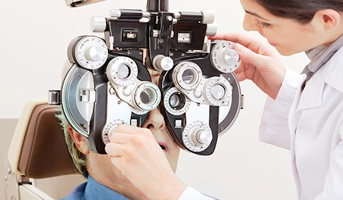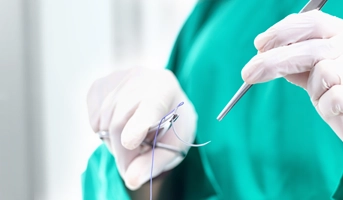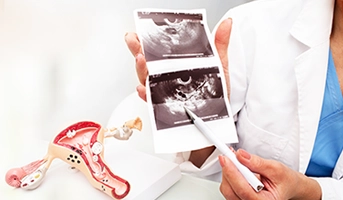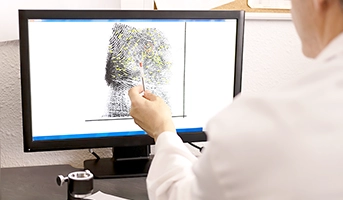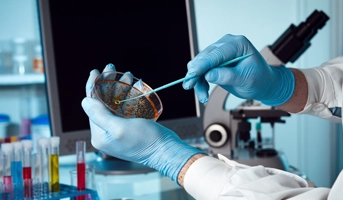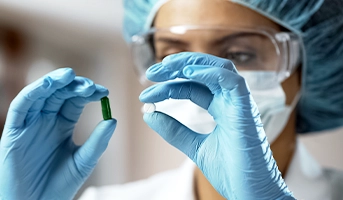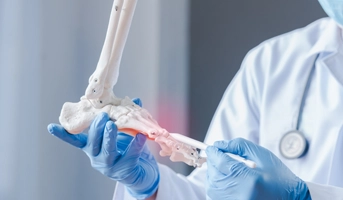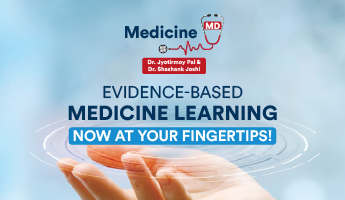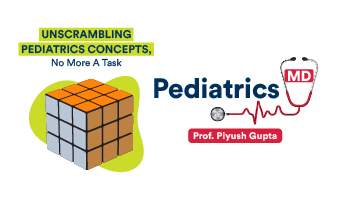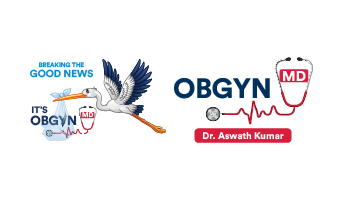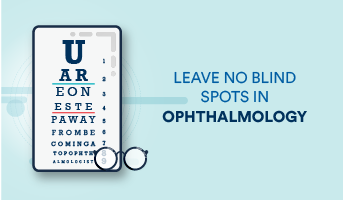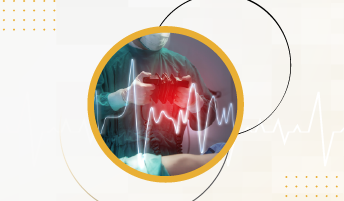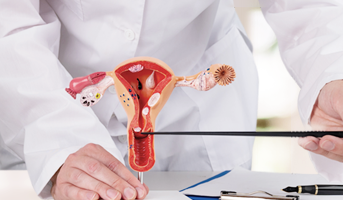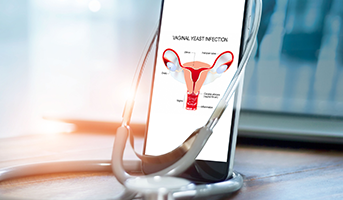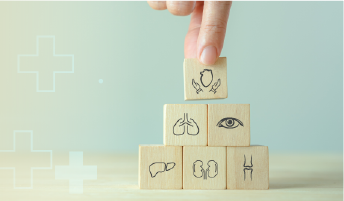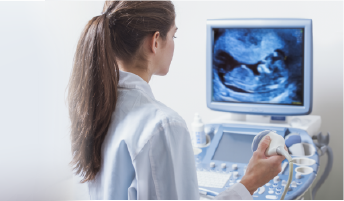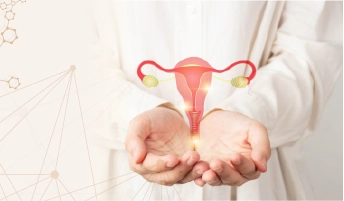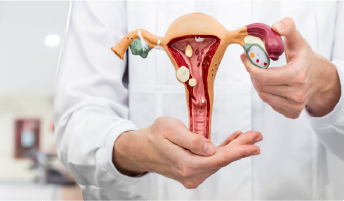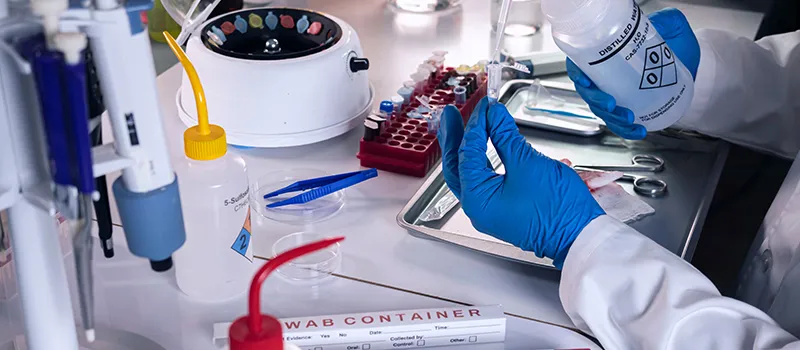

Important Topics of FMT in MBBS
Forensic Medicine and Toxicology subject is included in the third prof of the MBBS curriculum. The main objective of teaching forensic medicine to undergraduate students is to create a doctor who is knowledgeable about medico-legal duty while practicing medicine. You will also be able to make observations and draw conclusions using logical inquiries into criminal situations and related medicolegal issues in the proper direction. You learn about applying law to medical practice, and adherence to medical ethics regulations.
MBBS Prof Exam Pattern
According to the CBME curriculum, the MBBS prof exam of the Forensic Medicine and Toxicology subject comprises one theory exam of 100 marks, and the practical examination (Practical/Clinical + Viva) of 100 marks. The theoretical exam has a variety of question types, such as structured essays (long answer questions, or LAQ), short response questions, and objective questions (MCQs and IBQs).
Recommended Books of FMT
Recommended books for FMT in MBBS include Review of Forensic Medicine and Toxicology and Recent Advances in Forensic Medicine and Toxicology (Volume-1 and 2) by Gautam Biswas, The Essentials of Forensic Medicine and Toxicology by KS Narayan Reddy and OP Murty, Forensic Medicine by J Magendran, and The Synopsis of Forensic Medicine and Toxicology by KS Narayan Reddy.
Subject Weightage of FMT in NEET-PG and INI-CET
Concentrate on early preparation for both professional exams and competitive entrance exams, especially when you want to pursue postgraduate study. The two main entrance examinations in India are NEET-PG/NExT and INI-CET to get admission into PG courses. The subject weightage of the FMT subject is about 10 questions in NEET-PG and 8 questions in the INI-CET entrance examination.
Important Topics of FMT for MBBS Prof Exams, NEET-PG, and INI-CET Entrance Examination
High-yielding topics are a crucial component of a productive study plan that will improve your test-taking efficiency. You must carefully schedule your study sessions, giving priority to time management, the course’s high-yielding themes, and, most importantly, your health. FMT in MBBS is a multidisciplinary subject and is among the high-scoring subjects. The subject requires frequent revision for better retention.
Here’s a list of high-yielding topics of Forensic Medicine and Toxicology for NEET-PG, INI-CET, and MBBS Prof exams:
Medical Jurisprudence and Ethics
Functions of MCI
Functions of SMC
Professional Misconduct and Penal Erasure
Difference between Professional Negligence and Infamous Misconduct
Consent: Types, Exceptions, Age of Consent, Inform Consent, False Consent
Difference between Civil and Criminal Negligence
Res Ipsa Loquitur
Defenses against negligence
Acts Related to Medical Practice
Transplantation of Human Organ Act, 1994
Consumer Protection Act, 1986
Medical Termination of Pregnancy Act, 1971
Protection of Children from Sexual Offences Act, 2012
The Mental Healthcare Act, 2017
Legal Procedure
Inquest
Courts of Law
Difference between Dying Declaration and Dying Deposition
Exceptions to Oral Evidence
Duties of a doctor in the witness box
Capital Punishment
Type of Evidence and Witness
Homicide
Identification
Cephalic index
Intersex
Age determination by dentition, x-rays, and mandible
Gustafson’s method
MLI of age
MLI of scar, tattoo marks
Dactylography
Fingerprint Identification
Difference between antemortem and PM clot
Autopsy
Exhumation
Forensic Psychiatry
Delusion
Hallucination
Impulse
Difference between psychosis and neurosis
Lucid interval
Schizophrenia
Testamentary capacity
Section 84 IPC
Somnambulism
Erectile Dysfunction and Sterility
Impotence, Sterility, Frigidity, Quod
Vaginismus
Artificial Insemination
Surrogate mother
Causes of erectile dysfunction and sterility in males
Causes of impotence and sterility in females
Virginity, pregnancy, and delivery
Hymen
Difference between true virgin and false virgin
Presumptive, probable, and positive signs of pregnancy
Superfecundation and superfetation and their MLI
Difference between nulliparous and parous uterus
Sexual Offences
Classification of sexual offences
Section 375 IPC
Punishment of rape 376 IPC
Examination of rape victim/survivor
Locard’s exchange principle
Sodomy/Buggery
Tribadism/Lesbianism
Sexual paraphilias types
Exhibitonism, frotteurism/toucherism
Seminal strains test
Injuries
Grievous hurt, section 320 IPC
Joule burn
Classification of thermal injuries
Heat hyperpyrexia/Heat stroke
Burns
Difference between pugilistic attitude and rigor mortis
Skull fractures
Extradural/Epidural hematoma
Bullet types
Components of gun powder
Abrasion
Contusion
Laceration
Ectopic/Migratory bruise
Fabricated/forged wounds
Intracranial hemorrhages
Cold injuries- frostbite
Would ballistics
Asphyxia
Causes/Classification of asphyxia deaths
Lynching
Difference between hanging and strangulation
Cafe coronary syndrome
Post-mortem examination of a drowning case
Diatom test
Sexual asphyxia
Death/Thanatology
Rigor mortis/Stiffness of death
Cadaveric spasm
Heat stiffening
Order of putrefaction
Mummification
Brain stem death
Cause, manner, and mode of death
Sudden death
Tache noire
Infanticide and Child Abuse
Hydrostatic test
Cause of infant death
Shaken baby syndrome or infantile whiplash syndrome
Difference between live born, dead born, and stillborn fetus
Hydrostatic test
Toxicology
Section 284 IPC
Classification of poison
Organophosphorus compounds poisoning
Alphos poisoning
Vitriolage
Chronic arsenic poisoning
Hydragyrism
Phossy jaw/Lucifer’s jaw/Glass jaw
Sui
Difference between true and artificial bruise
Signs and symptoms of Ophitoxemia
Snake poisoning
Section 85 IPC
Widmark’s formula
LSD
Date rape drugs
Others
Poat-mortem artefacts
Transportation injuries
Confirmatory tests for blood
Medico-legal application of blood groups
Precipitin methods
To get conceptual clarity in the FMT modules and learn in a simplified manner, subscribe to DigiNerve’s online FMT course. The Forensic Medicine and Toxicology for UnderGrads course is well conceptualized by eminent faculty, Dr. Gautam Biswas according to the CBME curriculum. Application-based learning has been given top priority, and even the test question format is created to gauge students’ clinical expertise. The training is designed for medical students to help them be ready for both their university examinations and the NEET PG/NExT Exam. The lectures for the course cover every relevant topic in an interesting manner. In order to help students comprehend ideas better, the course includes flowcharts, animations, brief films, diagrams, and well-integrated MCQs.
Click here to know the right way to approach FMT in MBBS.
Frequently Asked Questions (FAQs):
Q1. What are the important topics of FMT in MBBS?
Ans. The important topics of FMT in MBBS include Legal Procedure, Identification, Thanatology, Asphyxia, Injuries, Rape, General toxicology, OPC poisoning, Snakebite, Medicinal poisoning, Autopsy, fingerprint identification, Burns, Skull fracture, and more.
Q2. Which are the recommended books of Anatomy for MBBS students?
Ans. Recommended books for FMT in MBBS include Review of Forensic Medicine and Toxicology and Recent Advances in Forensic Medicine and Toxicology (Volume-1 and 2) by Gautam Biswas, The Essentials of Forensic Medicine and Toxicology by KS Narayan Reddy and OP Murty, Forensic Medicine by J Magendran, and The Synopsis of Forensic Medicine and Toxicology by KS Narayan Reddy.
Q3. What is the weightage of FMT in the NEET PG exam?
Ans. The weightage of FMT in NEET PG is approximately 10 questions.
Q4. Where can I find an affordable yet comprehensive online course for forensic medicine?
The best forensic medicine online course 2023 is Forensic Medicine and Toxicology for UnderGrads by Dr. Gautam Biswas. The course is comprehensive, clinically up-to-date, and quite affordable.
Related Courses
Cosmetic Botulinum Toxin Simplified
Dr Rasya Dixit , Dr Urmila Nischal , Dr K. C Nisch...
Critical Care Simplified
Dr Yatin Mehta , Dr Subhal Dixit , Dr Kapil G. Zir...
Advance Course in Ultrasound and Infertility
Dr Sonal Panchal , Dr Chaitanya Nagori
Ganga Videos on Spine Surgery
Prof Rajasekaran Shanmuganathan , Dr Ajoy Prasad S...
Pathology for UnderGrads
Prof Harsh Mohan , Prof Ramadas Nayak , Dr Debasis...
Microbiology for UnderGrads
Dr Apurba S Sastry , Dr Sandhya Bhat , Dr Deepashr...

